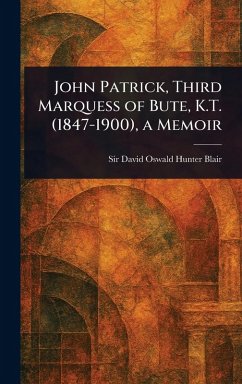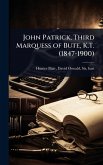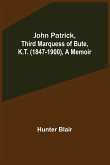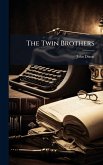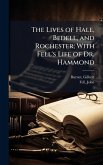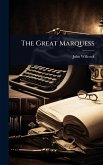Explore the life of a fascinating figure of Scottish nobility in David Hunter Blair's "John Patrick, Third Marquess of Bute, K.T.: A Memoir." This meticulously prepared republication offers a compelling glimpse into the life and times of John Patrick Crichton-Stuart, the Third Marquess of Bute (1847-1900). Delve into the story of a man known for his deep commitment to Catholicism and his significant contributions to religious architecture. This memoir provides insights into his world, reflecting his place within the history of Great Britain and Wales. Discover the influences that shaped his life and legacy, making him a notable figure in European history. This carefully crafted account offers a valuable resource for those interested in historical biography, religious biography, and the intricate tapestry of European history. Experience the world of the Marquess of Bute through the eyes of David Hunter Blair, shedding light on a life dedicated to faith and the enduring influence of Scottish nobility. This work has been selected by scholars as being culturally important, and is part of the knowledge base of civilization as we know it. This work is in the public domain in the United States of America, and possibly other nations. Within the United States, you may freely copy and distribute this work, as no entity (individual or corporate) has a copyright on the body of the work. Scholars believe, and we concur, that this work is important enough to be preserved, reproduced, and made generally available to the public. We appreciate your support of the preservation process, and thank you for being an important part of keeping this knowledge alive and relevant.
Bitte wählen Sie Ihr Anliegen aus.
Rechnungen
Retourenschein anfordern
Bestellstatus
Storno

